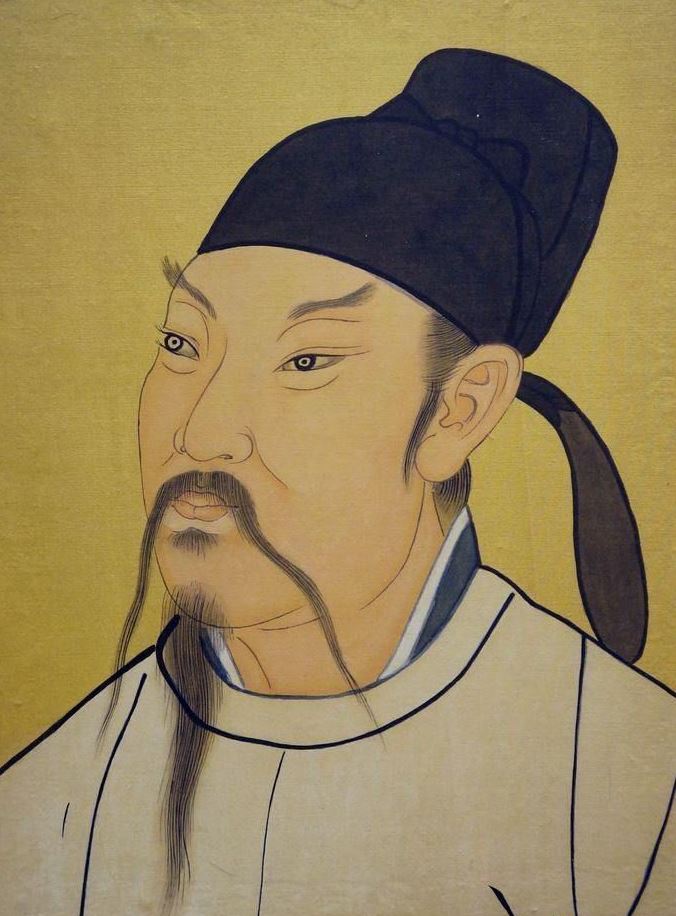Longing for home
23 January 2020
China is currently in the midst of the largest movement of people on earth, with hundreds of millions of people traveling for the Spring Festival.
The chunyun 春运 or the Spring Festival Rush covers a 40-day period before and after the Lunar New Year, when the Chinese people travel from their places of work or study, to their hometowns to be reunited with their families.

Passengers in the waiting area at train station. (Photo from internet)
As China is vast and populous, travel at this peak time is arduous, especially during the depths of winter. At this time of the year, train stations groan under the weight of large numbers of people anxious to get home, laden with gifts for their families. Spring Festival is an expensive time of the year. The tradition is to enjoy the best food and drink, celebrating the achievements of the past year, while looking forward to a healthy, successful and prosperous year ahead.
Australians can relate to this tradition as it not dissimilar to returning home for Christmas, except it is on a massive scale in China. And, like Christmas, there is often a great deal of pressure.
I’ve met young people on crowded trains who dread the prospect of being asked by their families when they intend to get married and have children, or when will they get their next promotion. Family expectations can be overwhelming.
But despite all the inconveniences and pressure, there is a genuine desire to return home for Spring Festival. Family plays a central role in Chinese society, and the most important aspect of the festivities is the reunion dinner, taking place on the eve of first day of the Lunar New Year. For many Chinese, this may be the only time all year that they’ll be able to spend time with their extended family.
In the Chinese context, however, there is a cultural and historical emphasis on the idea of home that carries special meaning as people look forward to the Spring Festival. For centuries, Chinese poets – often on great odysseys in search of the meaning of life – have written about their longing for home. One example was the Tang Dynasty cultural icon Li Bai, who exemplifies the pinnacle of Chinese poetry. He was born in a far flung Chinese outpost in what is today Kyrgyzstan, and lived in Sichuan during his formative years. He wandered throughout the vast kingdom, offering his skills as a man of letters to emperors and the nobility.

Li Bai (701–762), courtesy name Taibai, Chinese poet. (Photo from internet)
Li Bai’s Thoughts on a Quiet Night 静夜思, written more than 1300 years ago, is so well known that every kindergarten child can recite it. It was also the first Chinese poem I learnt when I studied Mandarin in preparation for my posting in China. Whenever I am asked to sing a song or display a hidden talent, I trot out this exquisite poem. It is always appreciated.
In 20 characters, Li Bai’s poem conjures an ethereal moment when he was woken up in the middle of the night by the bright moonlight, and in his semi-conscious (and probably semi-drunk) state, he was overcome with homesickness. He was 26 years old, away from where he was born and where he grew up, and trying to make a name for himself in the most prosperous city in China at the time. I don’t think he had a genuine home. Always on the move, his romantic nostalgia is perhaps understandable.
To all the Chinese I have met, this poem is highly evocative, and resonates even more deeply ahead of the Lunar New Year.
静夜思 李白
Thoughts on a quiet night
by Li Bai
床前明月光, 疑是地上霜
Moonlight shines before my bed
So bright, I thought it was frost on the floor
举头望明月, 低头思故乡
I raise my head, and gaze at the moon
As my head falls, I think of home.
If you’re ever stuck at a Chinese function when you’re asked to perform in front of an audience, you could sing Waltzing Matilda or you could evoke the magic of Li Bai. You can describe the poem in English, and one of your Chinese colleagues will be sure to be able to recite it in Mandarin. I’ll guarantee you’ll be a hit.
So when I see teems of people hurrying with their bags to catch the train bound for their hometowns ahead of this Spring Festival, I think of Li Bai, the poet pining for home.
Click here to return to the Australian Consul-General's Blog on Southwest China
